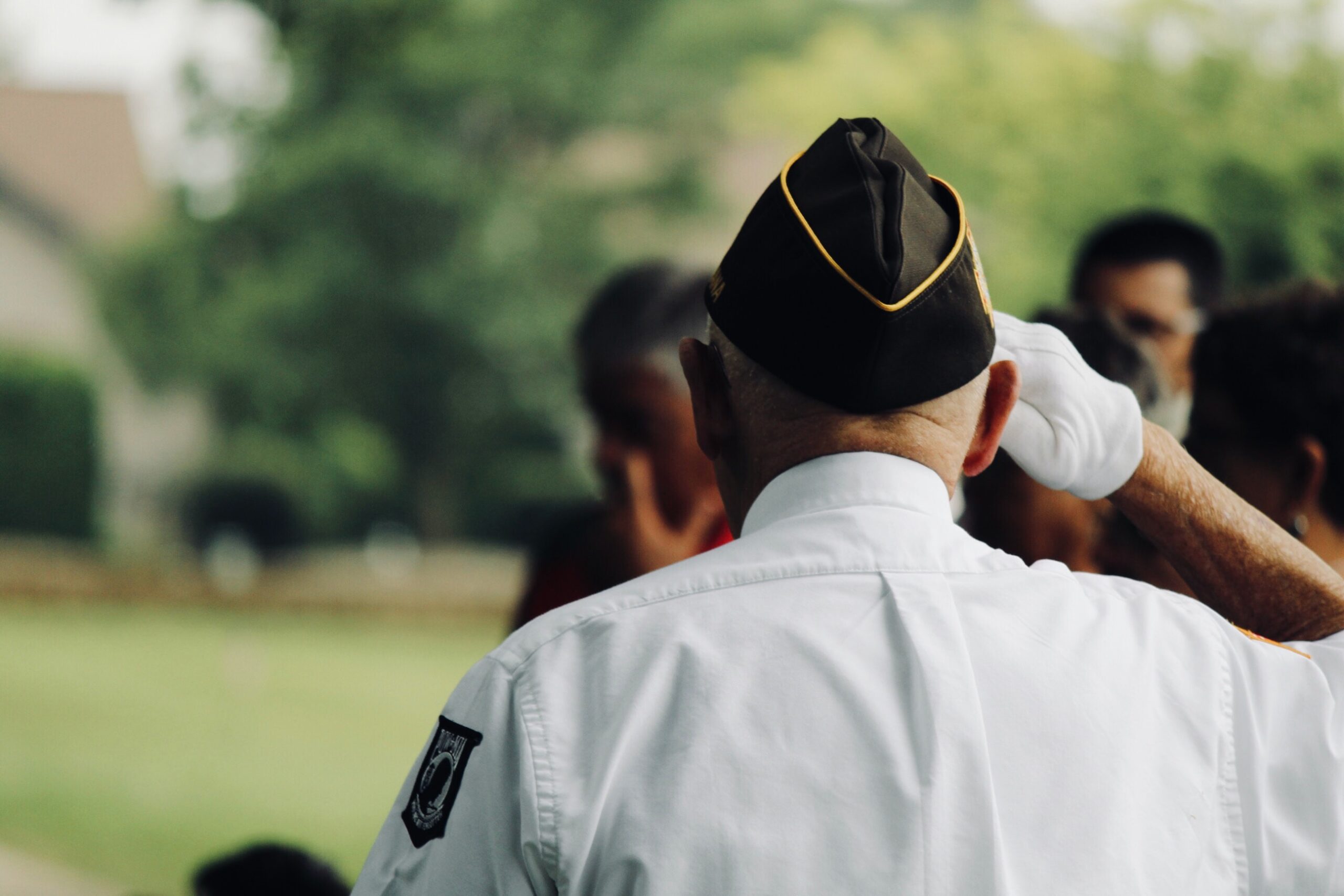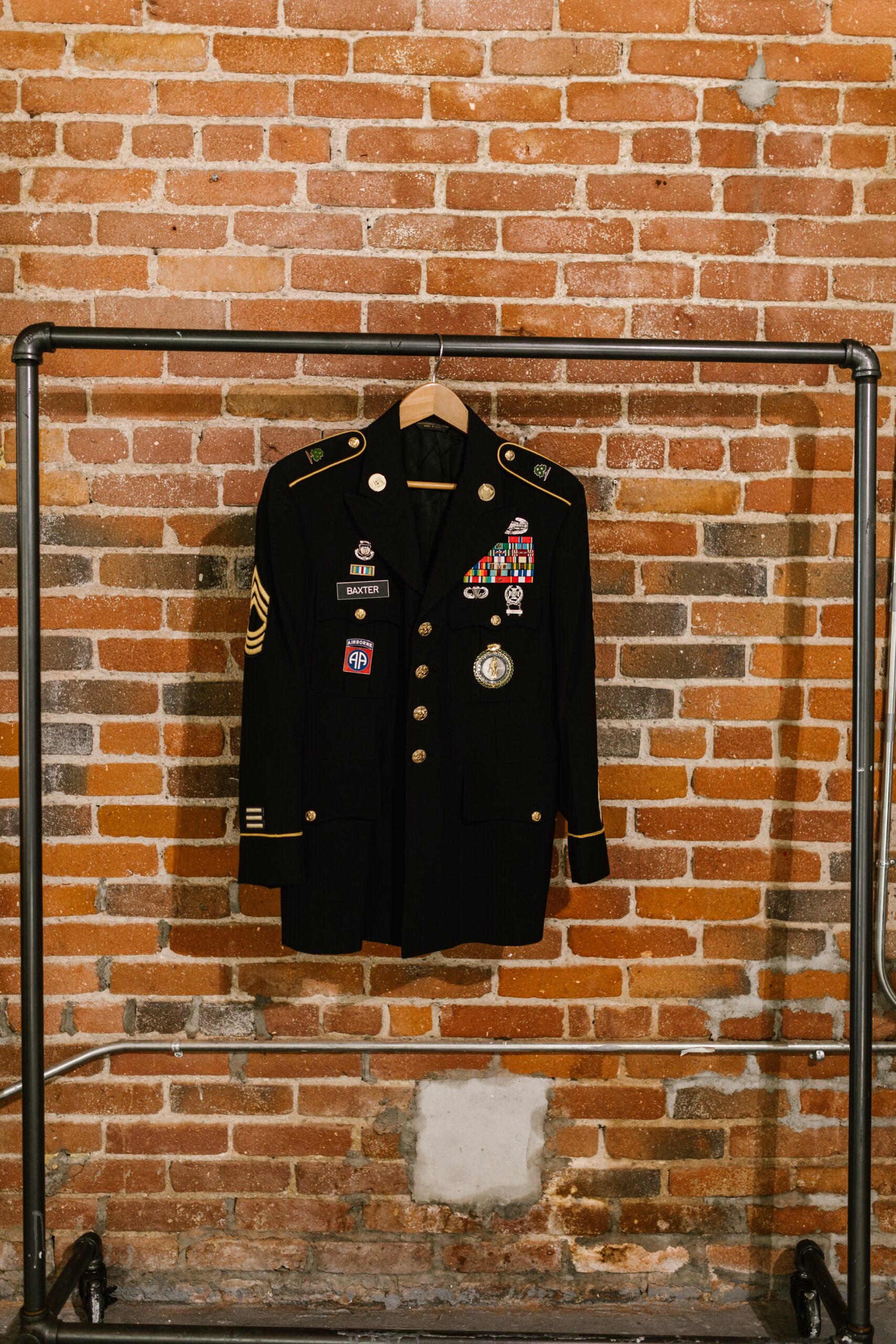According to a recent survey by the National Foundation for Credit Counseling (NFCC), veterans are almost twice as likely to have debt carried over from month to month (58%) than civilians (just 34%). Nearly the same percentage of veterans (55%) believe they are ill-prepared for a financial emergency. Is this because veterans are poor and/or uneducated? No.
When comparing civilian pay to military pay, there isn’t a clear winner in all comparisons. And veterans are actually more likely to have completed high school and are more likely to have completed some college or obtained an associate’s degree than civilians.
So what is missing? Why are veterans feeling more financial pain than civilians? It’s because of a lack of financial literacy, which should be considered “need to know” for anyone returning home from service. The following article will help you get things on the right track.
Adjusting to Civilian Life
Securing Health Insurance
Applying for New Jobs
Creating a Post-Military Budget
military.com
If you’re a veteran adjusting to civilian life, it can be difficult. In relation to finances, the government has made most financial decisions for you. This makes sense because you have needed to concentrate on protecting our freedom. But now is the time to manage your own finances.
New veterans must get new health insurance coverage, increase their credit score (in many cases), learn about new taxes, apply for civilian jobs and, if they so choose, create a post-military budget. There are many more expenses in civilian life. But don’t let any of this get you down. After all, less educated and less disciplined civilians do this stuff every day.
Most people think budgets are boring. That’s fine. You don’t necessarily have to create a physical budget. But you do need to keep a few spending categories in mind as a veteran:
Health Care: primary care, dental care, specialty care, medications, medical devices, etc.
Housing: mortgage, rent, property taxes, HOA dues, repairs, utilities
Food: gummy bears, sour patch kids, steak – anything but MRE’s
Entertainment: games, eating out, spontaneous giving, vacations, Netflix, etc.
Vehicles: (you’ll likely do a lot more driving)
Emergency FundCivilian ClothingInsurance: renter’s insurance, homeowner’s insurance, life insurance, disability insurance, long-term care insurance, etc.
Education: anything not covered by the military
The most important thing is to be proactive and to seek expert advice and help if you don’t know the answer to a question or the potential consequences of a financial decision.



